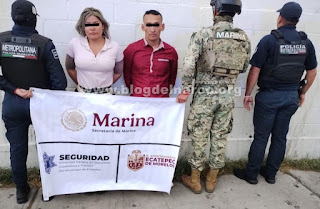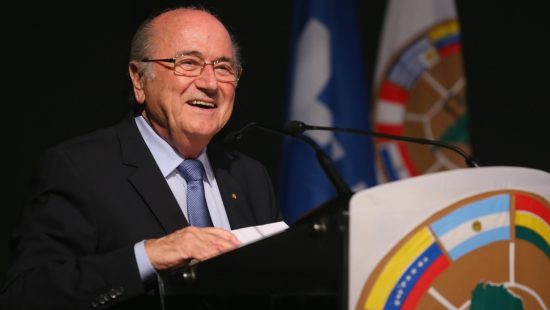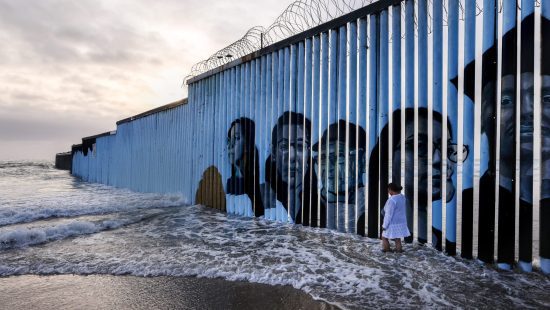Walter is also the CEO of Guggenheim Partners, a financial firm managing over $325 billion in assets. Guggenheim holds a 0.38% stake in the GEO Group, a private prison corporation that operates ICE detention centers.
The Latino community has criticized the Dodgers organization for its lack of action and silence regarding immigration raids that have deeply affected one of its largest fan bases. Many accuse the Dodgers of showing weak support and minimal solidarity with Latinos, placing the blame squarely on their owner, Mark Walter.
Now, it’s not just the Dodgers — the Lakers are being drawn into the controversy as well. Fans attending Lakers games will have to reckon with Walter’s connections to ICE, private prisons, and surveillance companies.
In short, a man who profits from the arrest and detention of immigrants is becoming the most powerful figure in Los Angeles professional sports.
The NBA Board of Governors unanimously approved Mark Walter’s bid to acquire a majority stake in the Los Angeles Lakers on Thursday, the league announced — marking a major shift for one of L.A.’s most iconic sports franchises.
Walter is also the CEO of Guggenheim Partners, a financial firm managing over $325 billion in assets. Guggenheim holds a 0.38% stake in the GEO Group, a private prison corporation that operates ICE detention centers. Based on GEO Group’s current valuation of $3.39 billion, Guggenheim’s stake amounts to over $12 million invested in the company’s operations.
In addition, Walter leads TWG Global, which recently announced a partnership with Palantir Technologies — the same data analytics firm ICE paid $30 million to develop ImmigrationOS, a platform that uses facial recognition, predictive algorithms, and data fusion to track immigrants and support deportation operations.
These financial connections came to light earlier this year amid widespread ICE raids in Los Angeles. Despite mounting pressure from community organizations, the Dodgers remained silent for nearly two weeks before pledging a $1 million donation to nonprofits assisting those affected. During that same period, Walter’s group finalized a $10 billion deal to acquire a stake in the Lakers — a move critics dismissed as token damage control.
The Dodgers have also faced renewed scrutiny for their history of displacement. Before Dodger Stadium was built, the land belonged to the Mexican-American neighborhoods of Palo Verde, La Loma, and Bishop. In the 1950s, hundreds of families were forcibly evicted under the false promise of public housing that never materialized.
Today, activists argue that the tactics have changed, but the harm remains.
“It’s not bulldozers now — it’s surveillance contracts and ICE beds,” said one community organizer protesting outside the stadium.
Walter’s companies have also been drawn into legal battles over diversity initiatives. America First Legal, a right-wing group founded by former Trump adviser Stephen Miller, filed a federal complaint accusing the Dodgers and Guggenheim Partners of illegal discrimination under the guise of diversity, equity, and inclusion (DEI) policies.
The Dodgers declined to comment on the allegations, and Guggenheim Partners did not respond to requests for comment.
Many fans and civil rights advocates see a deep contradiction between the organization’s public image of inclusion and its financial entanglements with systems that harm the very communities it claims to support.








